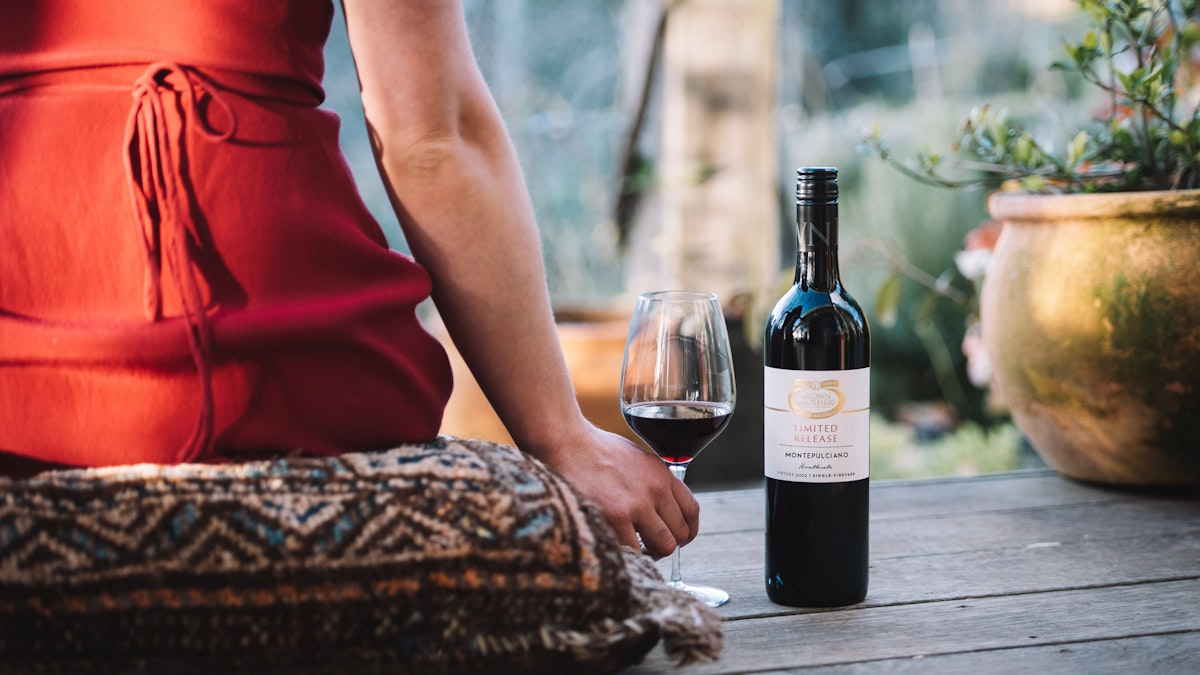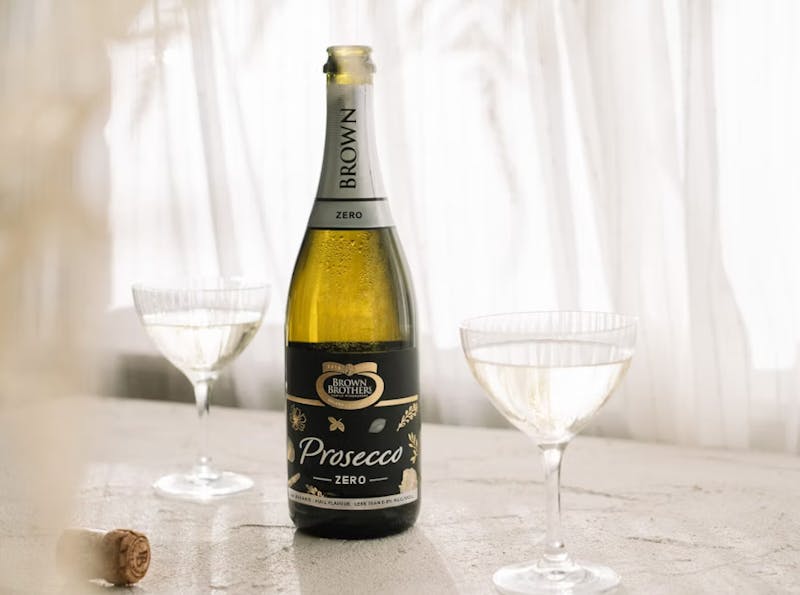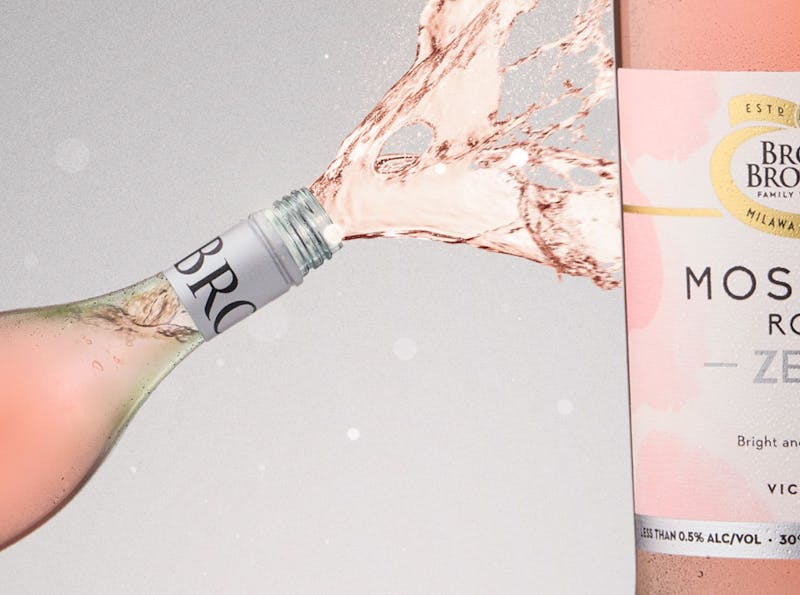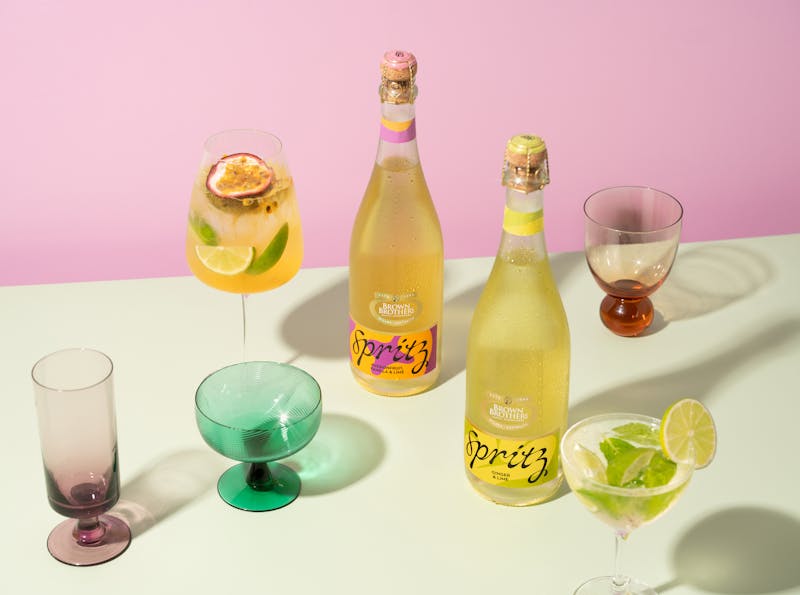News / PR
Discover: Explore Vegan Friendly Wines
Thu 18 Oct 2018

The Vegan Wine Lowdown: What's in (and Not in) Your Glass
Ever wondered what actually makes a wine vegan? It's not just about the grapes—sometimes it’s what’s not there that makes all the difference. For centuries, winemakers used animal-based products to refine wines, helping them develop that smooth, balanced finish we love. But now, with a bit of modern ingenuity, we’re crafting those same full-flavoured wines using plant-based fining agents, making sure they’re as vegan-friendly as they are delicious.
Our wine expert Andrew Harris explains:
In traditional winemaking, ingredients like egg whites, gelatin, and even bull’s blood were used to ‘fine’ wine.
It gets a bit technical, although the basics are easy to understand. Fining helps filter out tiny, astringent particles that can make wine taste harsh or gritty. Think of it like straining coffee grounds—it makes a smoother pour. Some fining agents are positively charged and some negatively. Once added to wine, the fining agent attracts the polar opposite and the particles become too big to stay floating in the wine. They form a sediment and over time drop to the bottom of the tank or oak barrel that they are stored in. Once the fining agent has all settled the clear wine is then racked (separated) from the sediment and the sediment is thrown out. This helps to soften the wine and create a better balance between tannins and fruit flavours.
At Brown Brothers, we’re pioneering the move away from animal-based fining agents, turning to options like pea protein and potato starch. These plant-based heroes do the same job as egg whites or gelatin, bonding with tannins to create a smoother, more balanced flavour. It’s a subtle difference you might not taste—but it’s one you can feel good about.
FAQs: Curiosity and vegan wine myths, debunked.
Q: Can you age vegan wines?
Absolutely. Just like non-vegan wines, vegan wines can be aged to develop more complex flavours. The fining process (whether animal or plant-based) doesn’t impact a wine’s ability to mature over time.
Q: Do vegan wines taste any different?
Not at all. Vegan wines taste just as rich, balanced, and flavourful as non-vegan wines. Plant-based fining agents like pea protein and potato starch work just as well as traditional fining agents, leaving the wine’s character untouched. So you can enjoy every sip without compromise.
Q: How do I know if a wine is vegan?
The easiest way is to check the label. More winemakers (including us!) are adding a “vegan-friendly” note to help consumers choose. If you’re ever in doubt, look up the wine producer’s website or ask them directly—they’ll usually be happy to share.
Q: Why aren’t all wines vegan?
It’s all about tradition. For centuries, winemakers used animal-derived fining agents like egg whites or gelatin to refine the texture of their wines. But with the growing demand for vegan options, many wineries have switched to plant-based alternatives that achieve the same balanced finish.
Q: Are vegan wines more eco-friendly?
Yes, often they are. Plant-based fining agents tend to have a smaller environmental footprint compared to animal-based ones. Choosing vegan wines can be a small but meaningful step toward sustainability.
Table Talk: What to look for, and how to pair.
Pairing wine and food is easy if you keep an eye on seasonality, texture, and flavour. Start with seasonal ingredients—they’re fresher and taste better. For example, a light white wine goes great with spring veggies, while a bold red pairs well with hearty winter meals. Next, consider texture: creamy dishes need a full-bodied wine to match their richness, while lighter dishes should have a nimble partner. Finally, think about flavour—complement or contrast the main tastes. A sweet wine can balance out spiciness, while a wine with similar flavours can enhance your dish.
When it comes to preparing a vegan dinner, the rules are no different: think of pairing vegan reds with a hearty veggie roast or mushroom risotto. Cool-climate vegan whites go crazy for a classic Margherita pizza, and naturally vegan sparkling loves light, fresh flavours—think avocado and citrus salads or loaded bruschetta.
Delicious, delicious.










